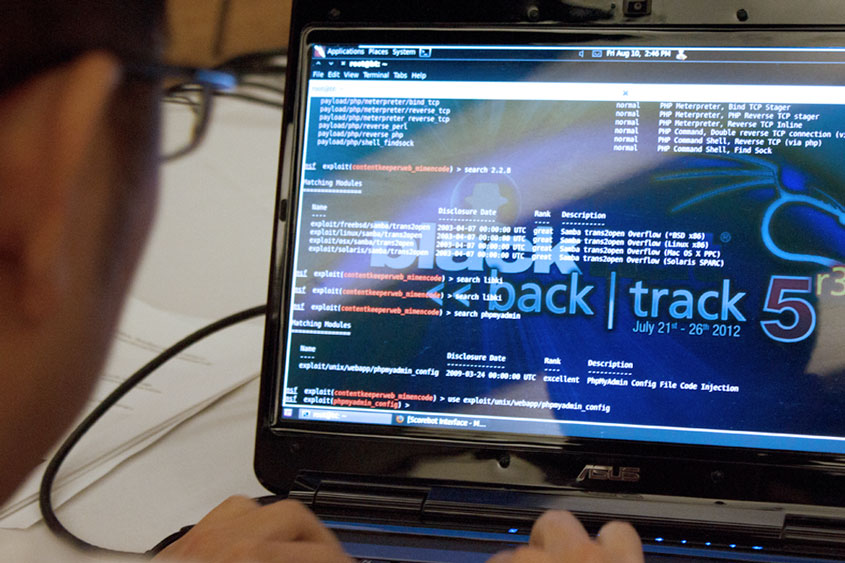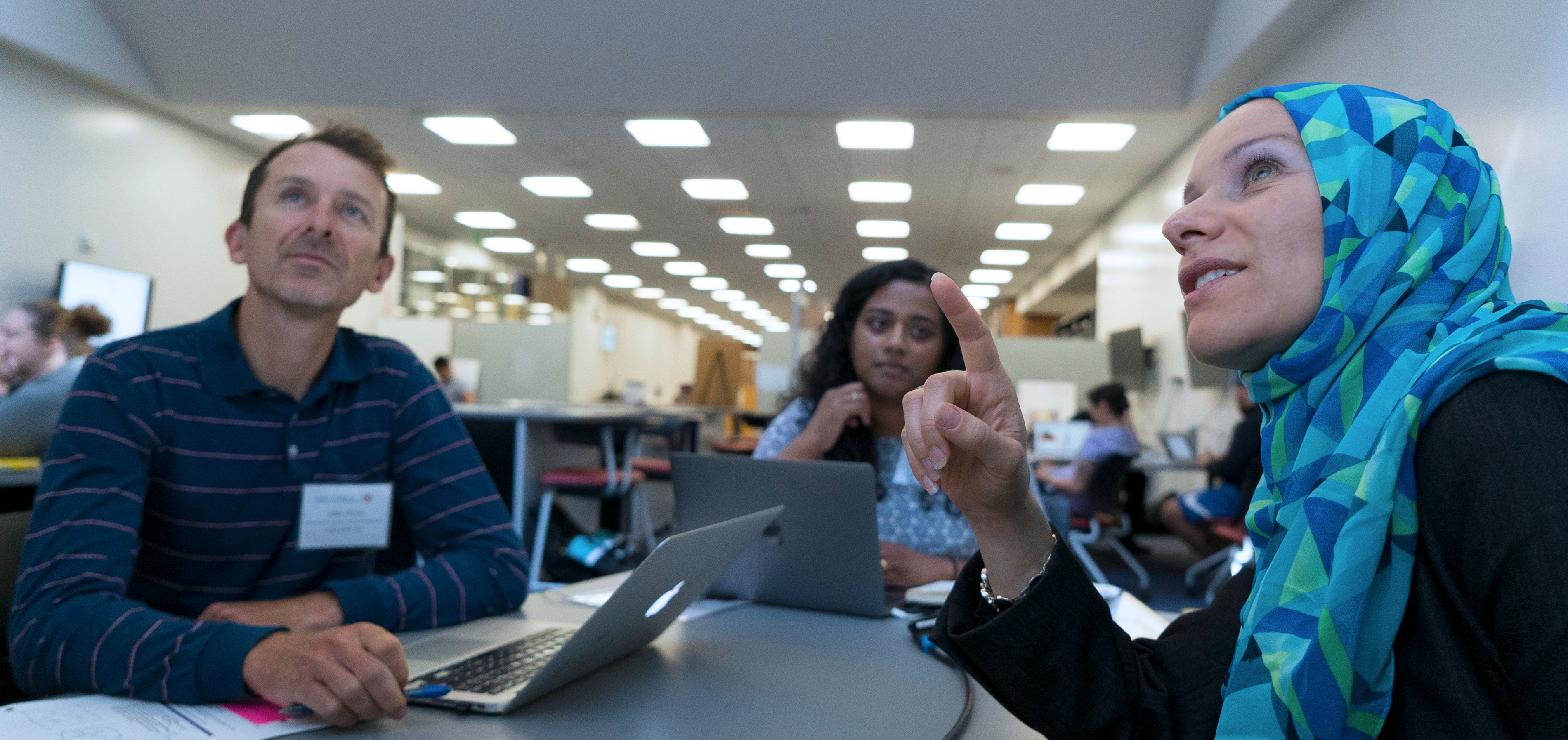
SJSU Data Science, Analytics and Informatics Programs
SJSU offers a broad array of programs at both the graduate and undergraduate level. With enrollment of over 3,700 students in these programs, SJSU is a major provider of talent to the data-intensive workforce in Silicon Valley. Our master’s programs range from the more theoretical (such as our MS Data Science program) to the more applied (such as the MS Geographic Information Science (GIS), MS Applied Data Intelligence, MS Informatics and MS Bioinformatics programs). We also offer graduate certificates in Business Analytics, Cybersecurity Engineering and Cybersecurity, Core Technologies, and more. At the undergraduate level, we offer majors in Business Analytics, Computer Science, Software Engineering, and Computer Network System Management, as well as a 6-course certificate in Cybersecurity Foundations and a 4-course certificate in Cybersecurity Engineering. Build your career at SJSU!
Graduate Degrees

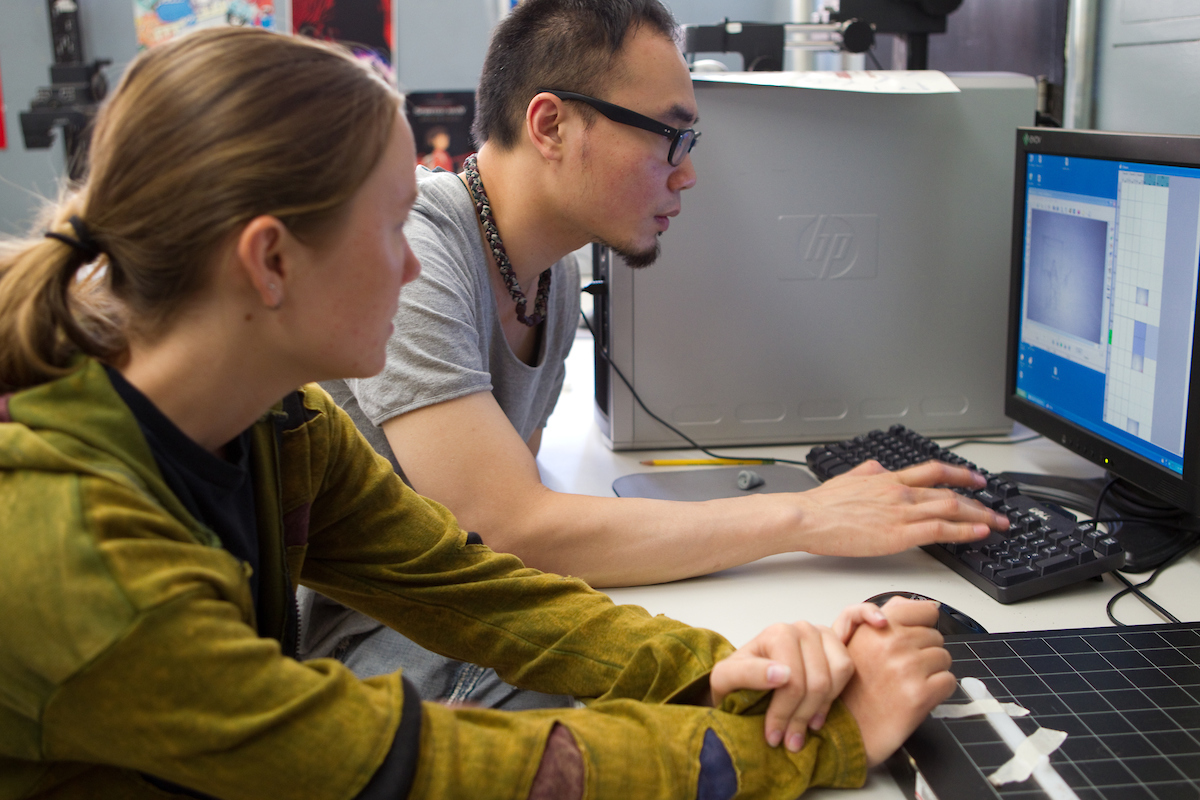
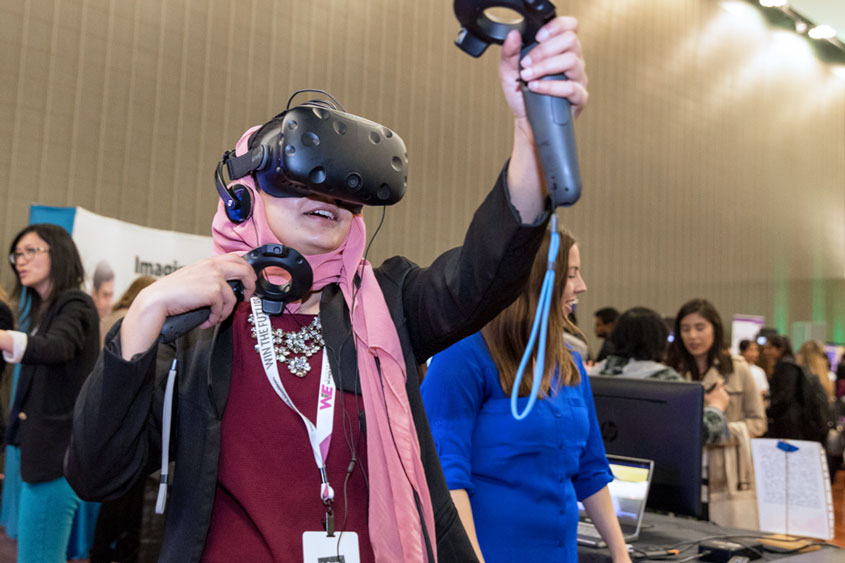
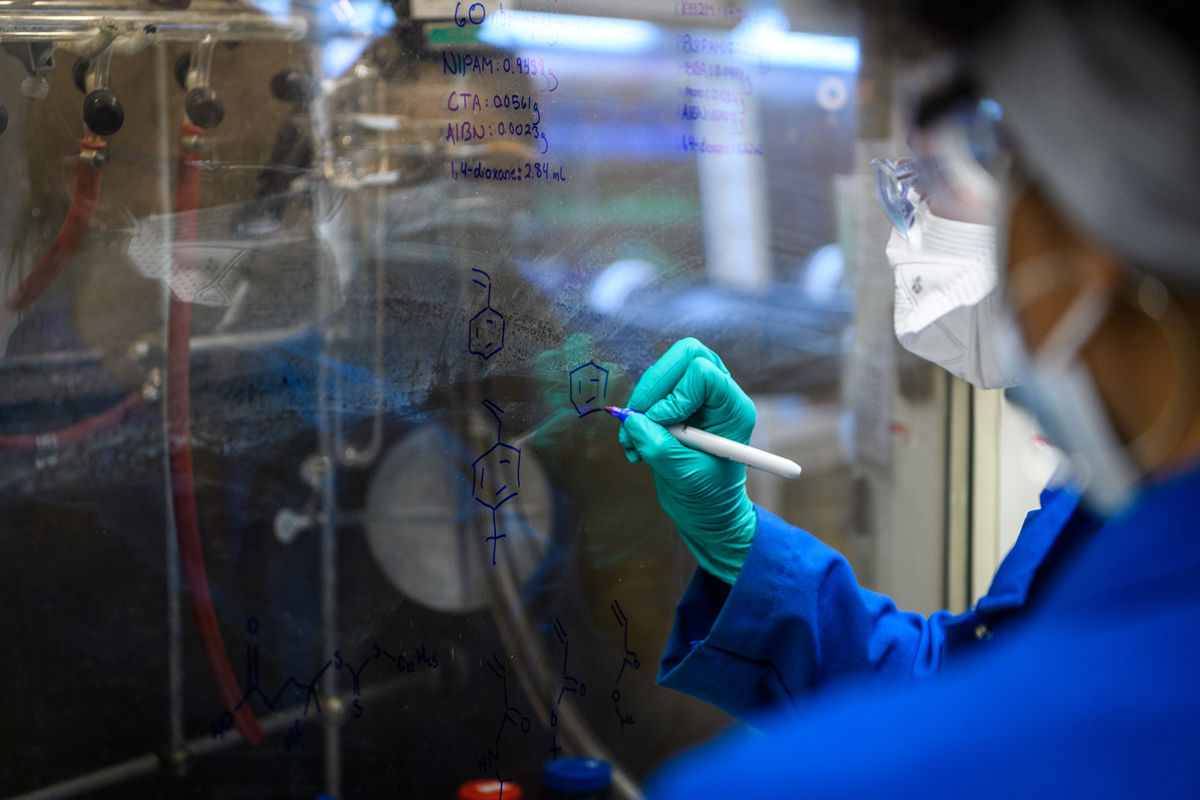
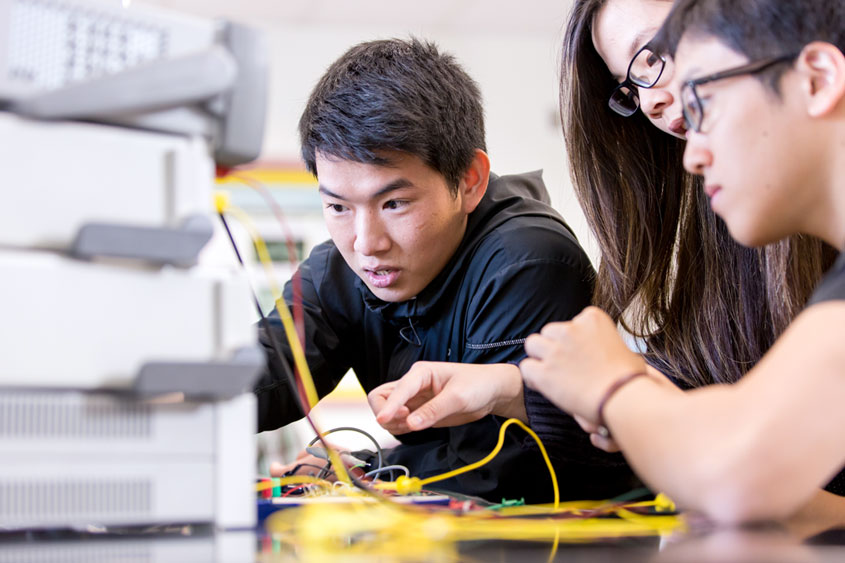

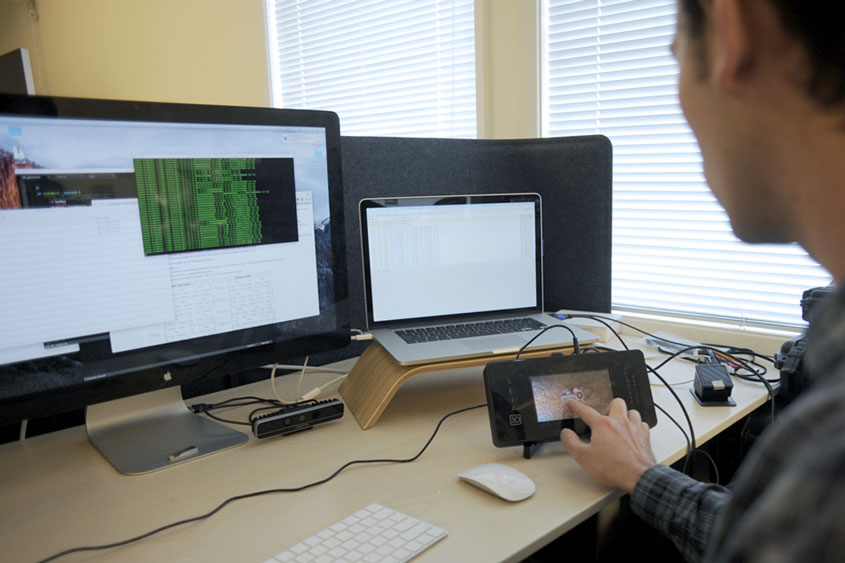


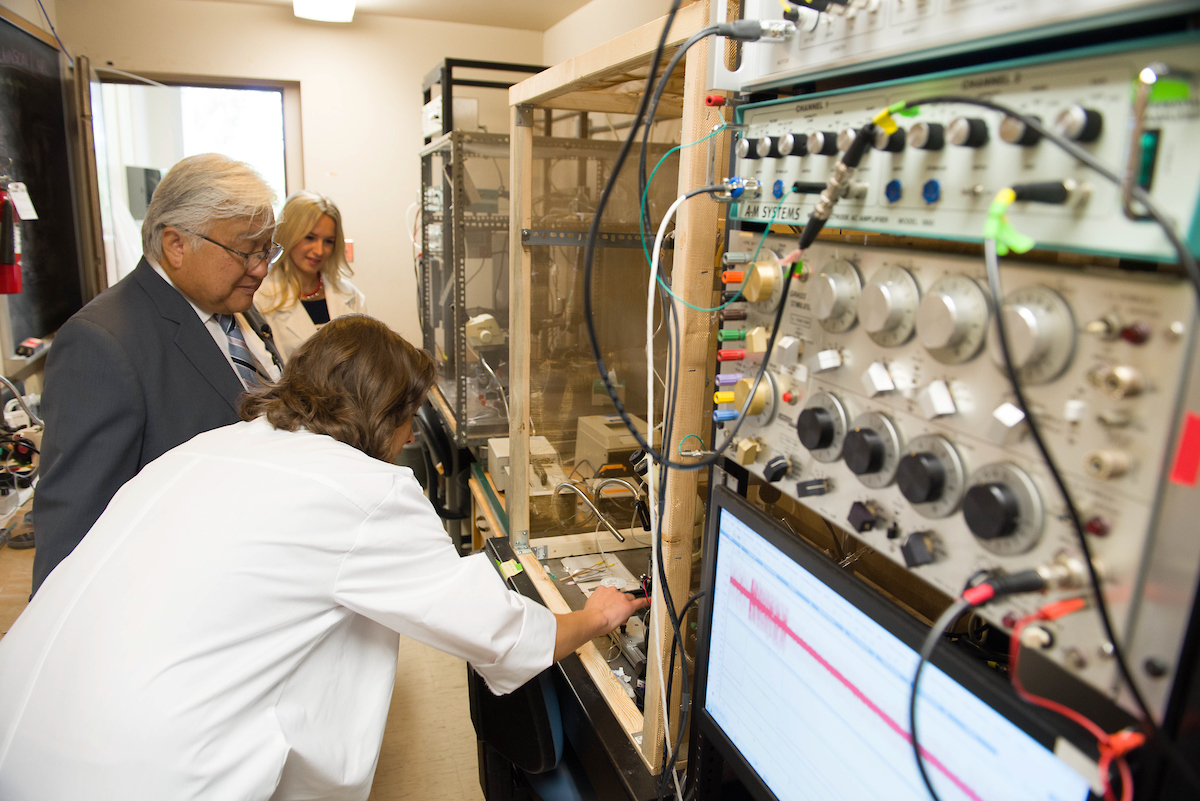
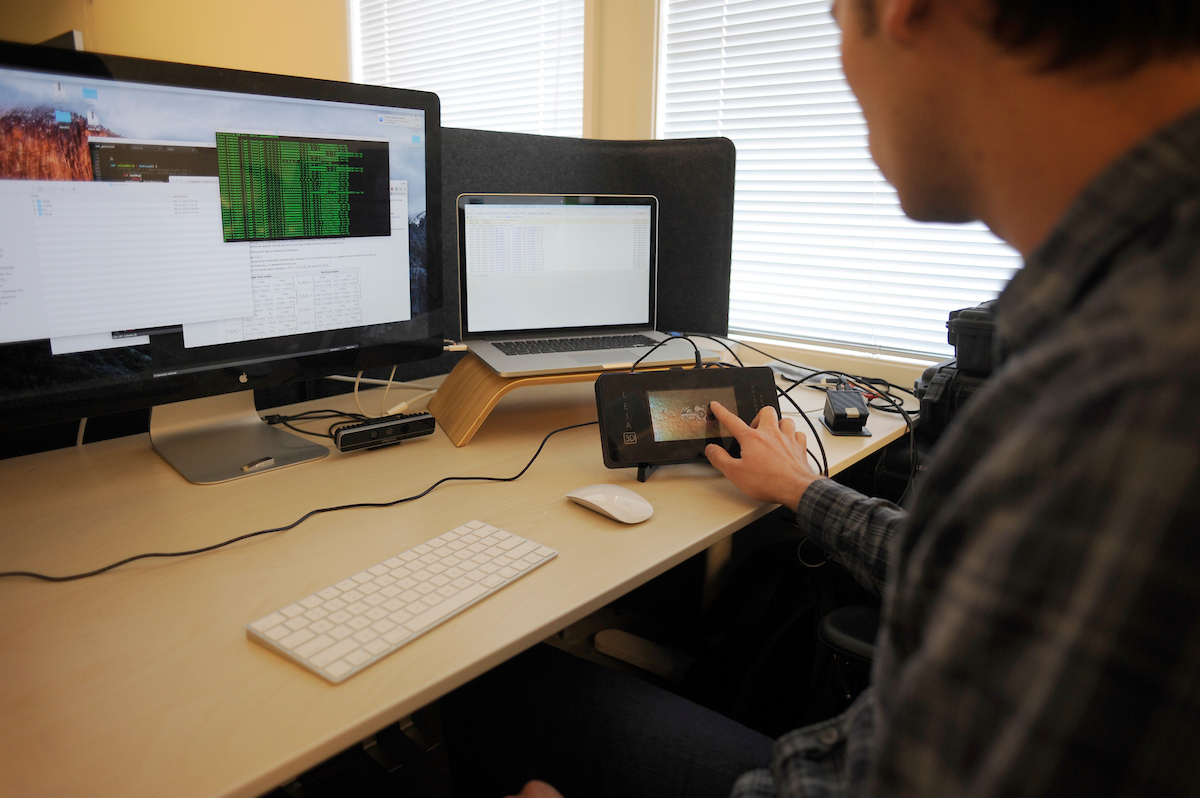
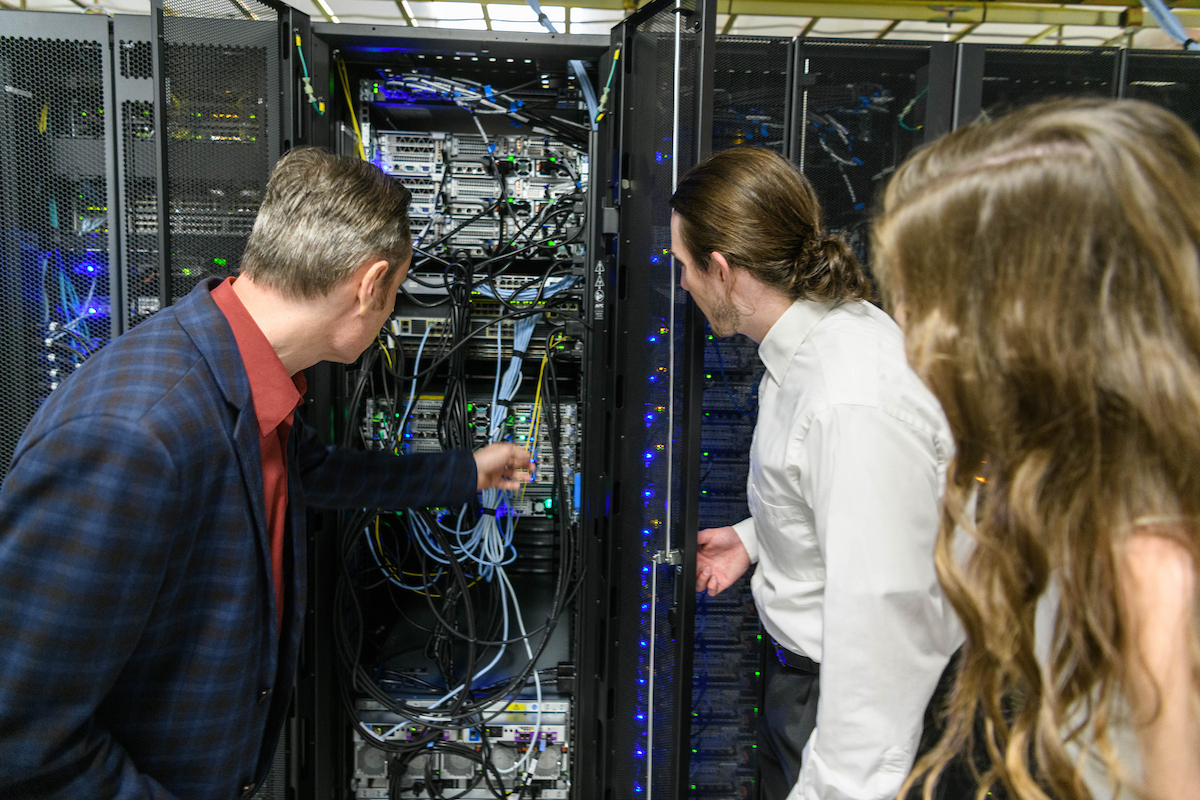
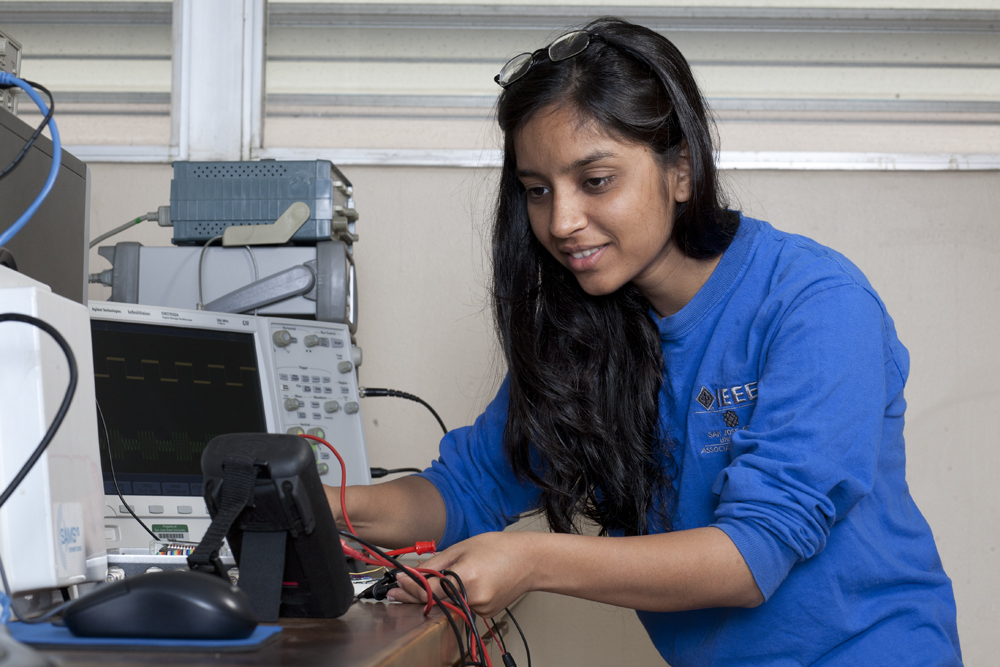
Graduate Certificates



Undergraduate Degrees

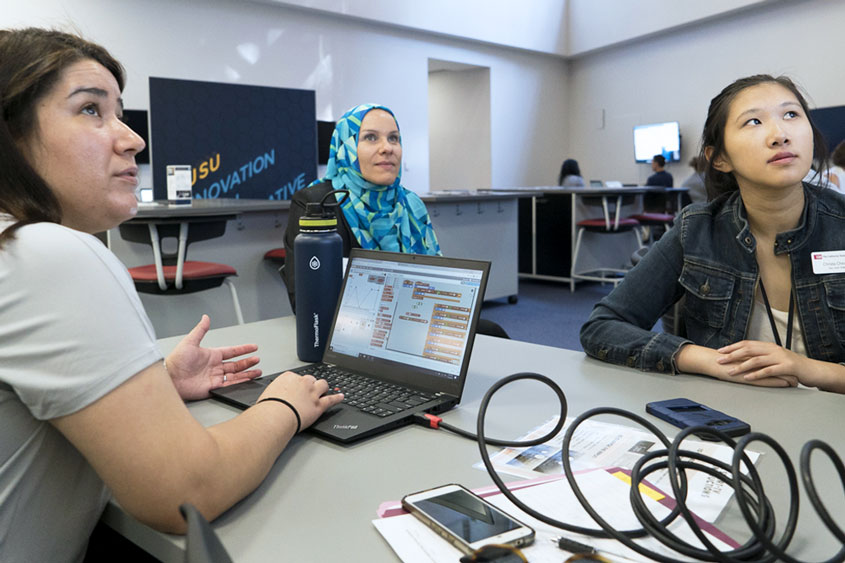

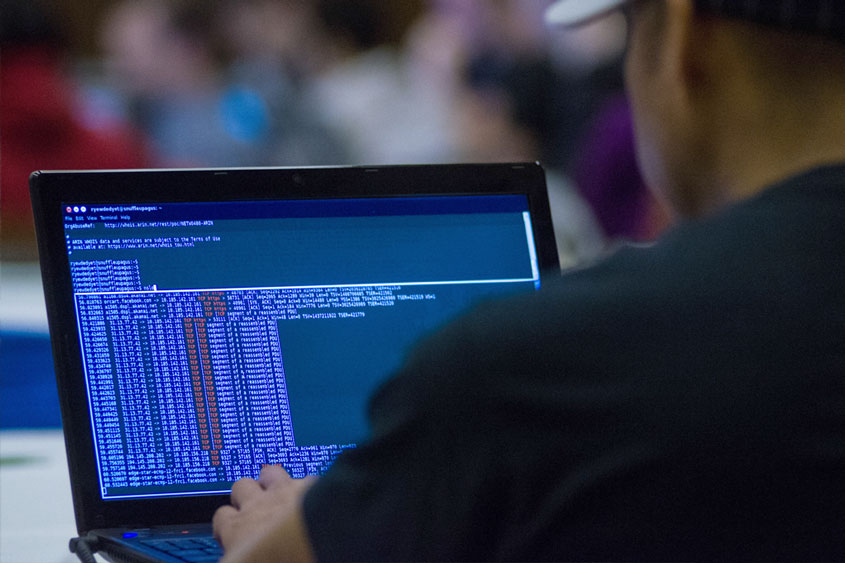

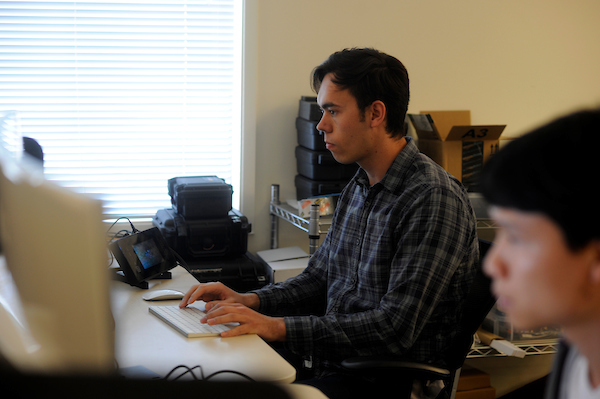
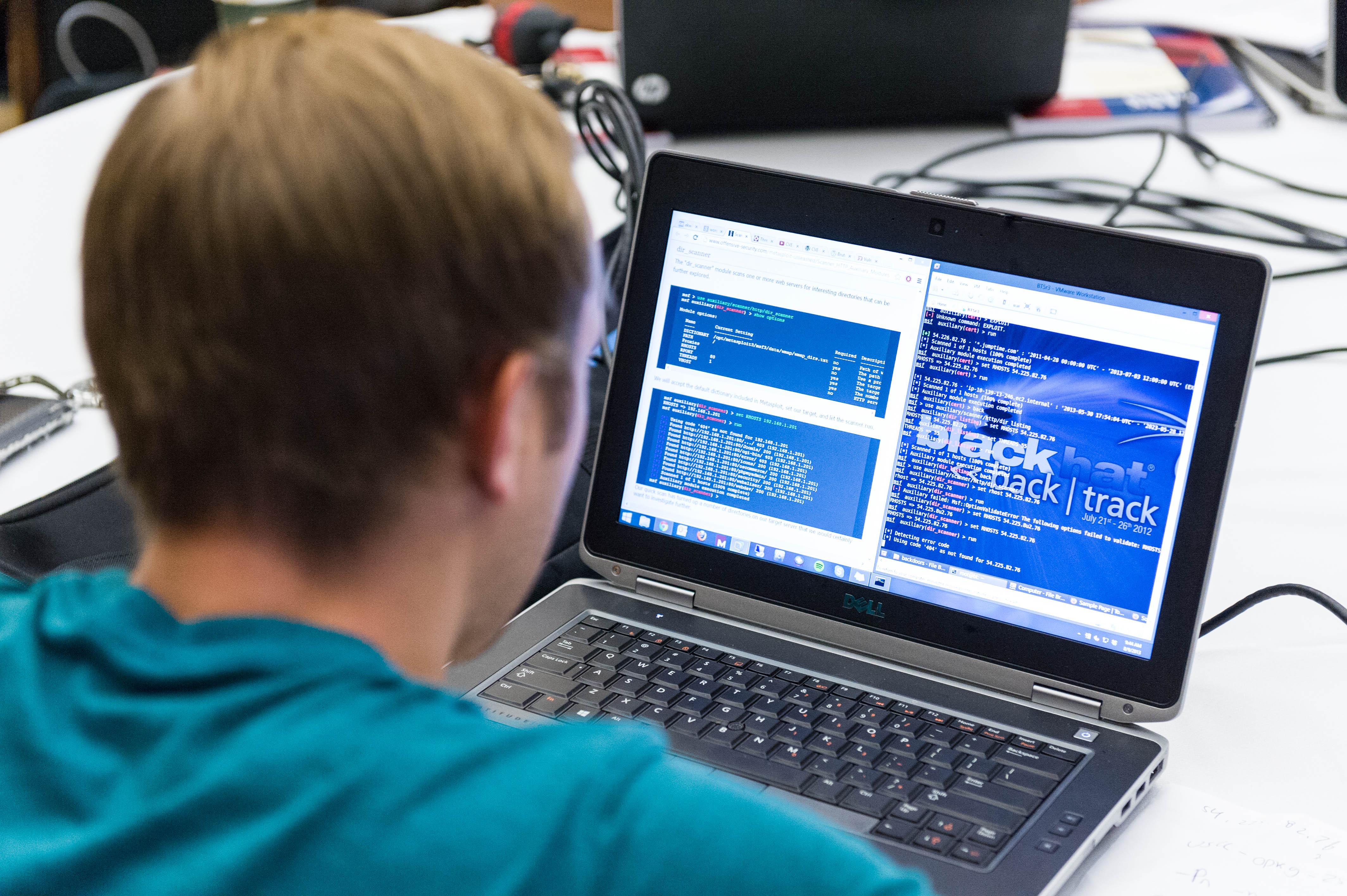
Undergraduate Certificates

